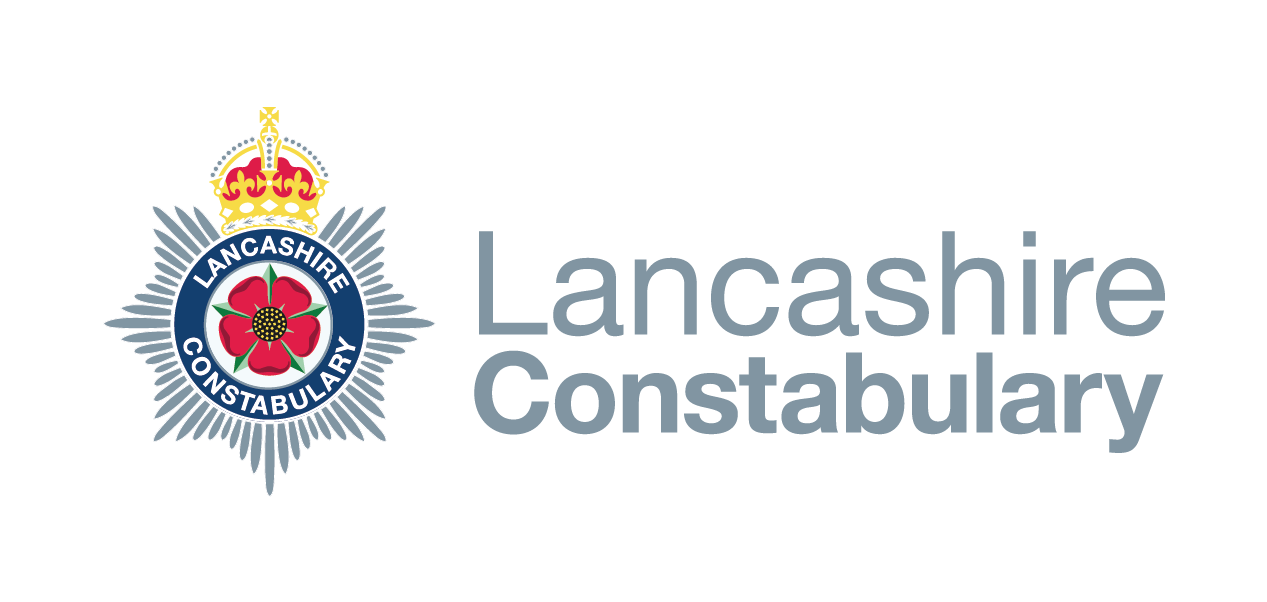Child Criminal Exploitation
What is Child Criminal Exploitation?
The criminal exploitation of children is when a child/young person is exploited (used) for profit, labour, sexual satisfaction or personal financial advantage. Children are being groomed into County Lines supplying drugs to suburban areas, as well as market and coastal towns, using dedicated mobile phone lines and it is happening here in Lancashire.
What is County Lines?
County Lines is a form of criminal exploitation and involves city-based gangs expanding their illegal drugs businesses into smaller towns, often exploiting children in the process.
‘Line’ refers to the mobile phone deal lines that organised crime groups market to and take orders from.
However criminal exploitation of children is broader than just county lines, and can include children being forced to work on cannabis farms, commit theft or begging.
How are children being exploited?
Criminals are deliberately targeting children who may be vulnerable. Those who are homeless, experiencing learning difficulties, feeling the pressure to join gangs, wanting attention, struggling at school, going through family breakups or trapped in poverty are particularly at risk, but this list isn’t exhaustive.
Any child is at risk of being targeted
Criminals groom children into trafficking their drugs for them with promises of money, friendship and status. Once they've been drawn in, these children are controlled using threats, violence and sexual abuse, leaving them traumatised and living in fear.
They end up becoming trapped in criminal exploitation and the young people involved feel as if they have no choice but to continue doing what the criminals want.
What are the signs of child criminal exploitation and county lines?
- Returning home late, staying out all night or going missing
- Being found in areas away from home
- Increasing drug use, or being found to have large amounts of drugs on them
- Being secretive about who they are talking to and where they are going
- Unexplained absences from school, college, training or work
- Unexplained money, phone(s), clothes or jewellery
- Increasingly disruptive or aggressive behaviour
- Using sexual, drug-related or violent language you wouldn’t expect them to know
- Coming home with injuries or looking particularly dishevelled
- Having hotel cards or keys to unknown places

